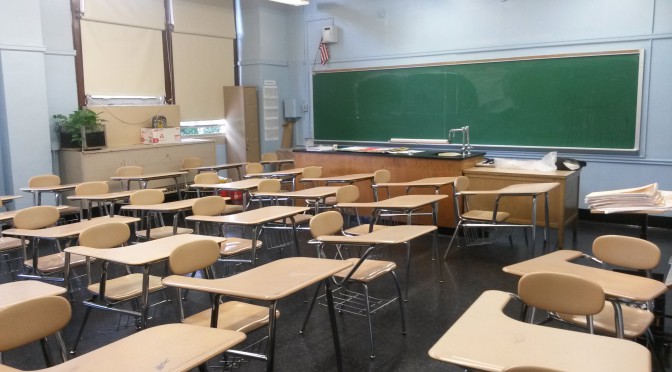Physical classroom activities to boost the brain and enhance children’s learning: pseudoscience or a credible approach?
Dr Elizabeth McClelland, Move4words Community Interest Company
Wednesday 20th February 5pm (Glasgow Room)
A new not-for-profit innovation in Primary Education, called Move4words, has been developed in Oxford. It is based on the principle that children’s learning can be enhanced through physical classroom activities undertaken in curriculum time. Schools use the programme as an inclusive intervention for the whole class.
Results of 7 years of development and trials in schools across the UK show large impact on KS2 results, reading age and speed, and concentration levels. Almost all children seem to benefit although the greatest impact is seen with pupils performing below the 25th percentile.
In a recent trial in 5 underperforming Oxford schools, following the Move4words programme 40% more children achieved the expected KS2 level in English and Maths than in the three previous years combined.
Participating teachers commented on children’s improvements in concentration and attention, reading, confidence and even punctuality during the 12-week programme.
The Move4words intervention teaches concentration, attention and self-control via progressive and sequential physical, visual and auditory classroom activities. The intervention design is based upon a wide range of academic research which demonstrates that physical, visual and auditory skills are significantly related to good literacy. Physical elements include rhythm/timing, fine and gross motor control and automaticity training.
Some authors have condemned the use of physical classroom activities to improve academic performance. However, recent published research indicates that exercise promotes children’s executive function and enhances learning and academic performance. Furthermore, cognitively-engaging exercise programmes like Move4words appear to have a stronger effect than non-engaging exercise on children’s executive function.


Comments
Post a Comment